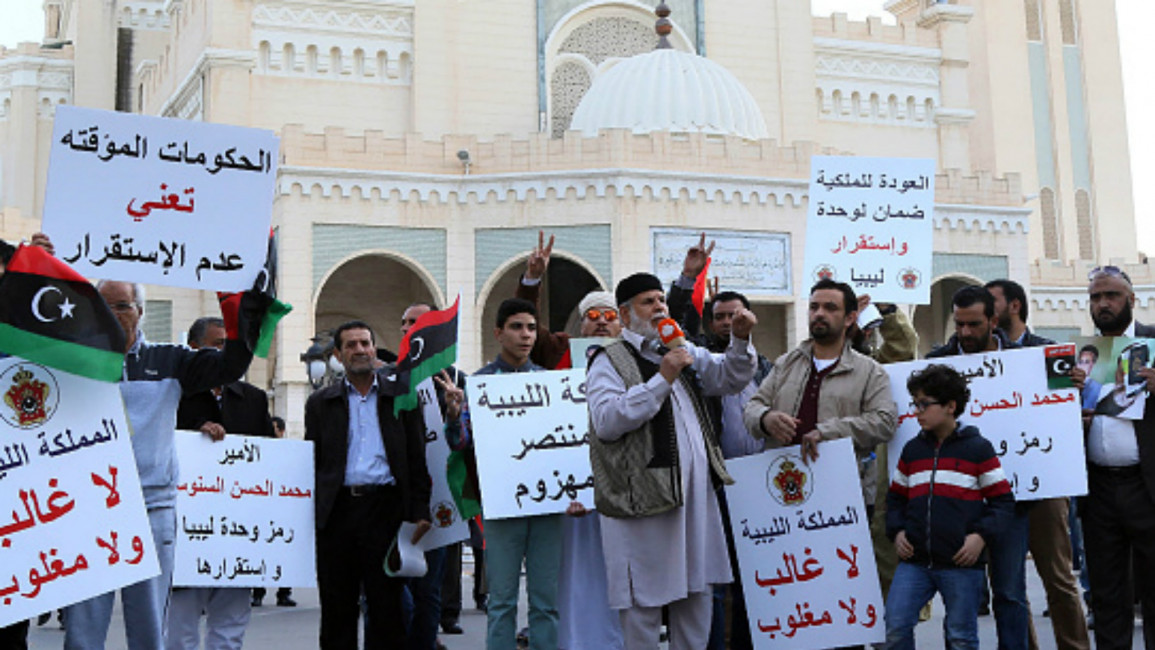New Libyan government head arrives in Tripoli amid fighting
The head of Libya's new unity government arrived in the Libyan capital Tripoli on Wednesday, security officials confirmed.
The newly named prime minister, Fayez al-Sarraj, was accompanied by several members of the presidential council.
The UN-backed government announced earlier this week it will be moving to Tripoli to assume office.
Tripoli has however been on edge over the past week following the announcement.
Under a UN backed agreement, Libya's rival administrations - one supported by the internationally recognised parliament in the east and the other backed by an Islamist-backed militia in Tripoli - are supposed to cede power to a new Government of National Accord (GNA) under prime minister-designate Fayez al-Sarraj.
Warnings were issued by the powerfully-backed self-declared administration in Tripoli against the move.
In light of the increasing tension, UN chief Ban Ki-moon urged for a "peaceful and orderly handover of power."
"Those obstructing the political process should be held accountable," he said, "The Libyan people deserve peace, security and prosperity under a strong, united government."
Western powers also urged all sides in the Libyan conflict to accept the UN-brokered deal amid growing concern of the increasing influence of Islamic State militants in the country.
"Terrorism poses a great threat not only in Libya and Tunisia but all around the world as we have seen in the past few days in Belgium, Iraq and Pakistan," the UN chief said.
But the presence of Fayez al-Sarraj in Tripoli was "unacceptable," said foreign minister of the current Tripoli administration, Ali Abu Zakouk.
Tripoli's unrecognised administration also announced last week a "maximum state of emergency" ahead of the UN-backed unity government move.
Early on Wednesday, sounds of explosions and heavy gunfire were reported in the Libyan capital, but cause was not immediately clear.
Libya has been dominated by an array of militias since the 2011 uprising that toppled Moammar Gadhafi.
The country remains torn between the rival parliaments and the heavily armed militias that support each.
Allegiances between the militias change frequently, which only adds to the instability, violence and danger faced by ordinary Libyan citizens.


![Minnesota Tim Walz is working to court Muslim voters. [Getty]](/sites/default/files/styles/image_684x385/public/2169747529.jpeg?h=a5f2f23a&itok=b63Wif2V)





![Israeli strikes on Beirut [Getty]](/sites/default/files/styles/image_330x185/public/2176155077.jpeg?h=a5f2f23a&itok=Xq7ypWgM)
